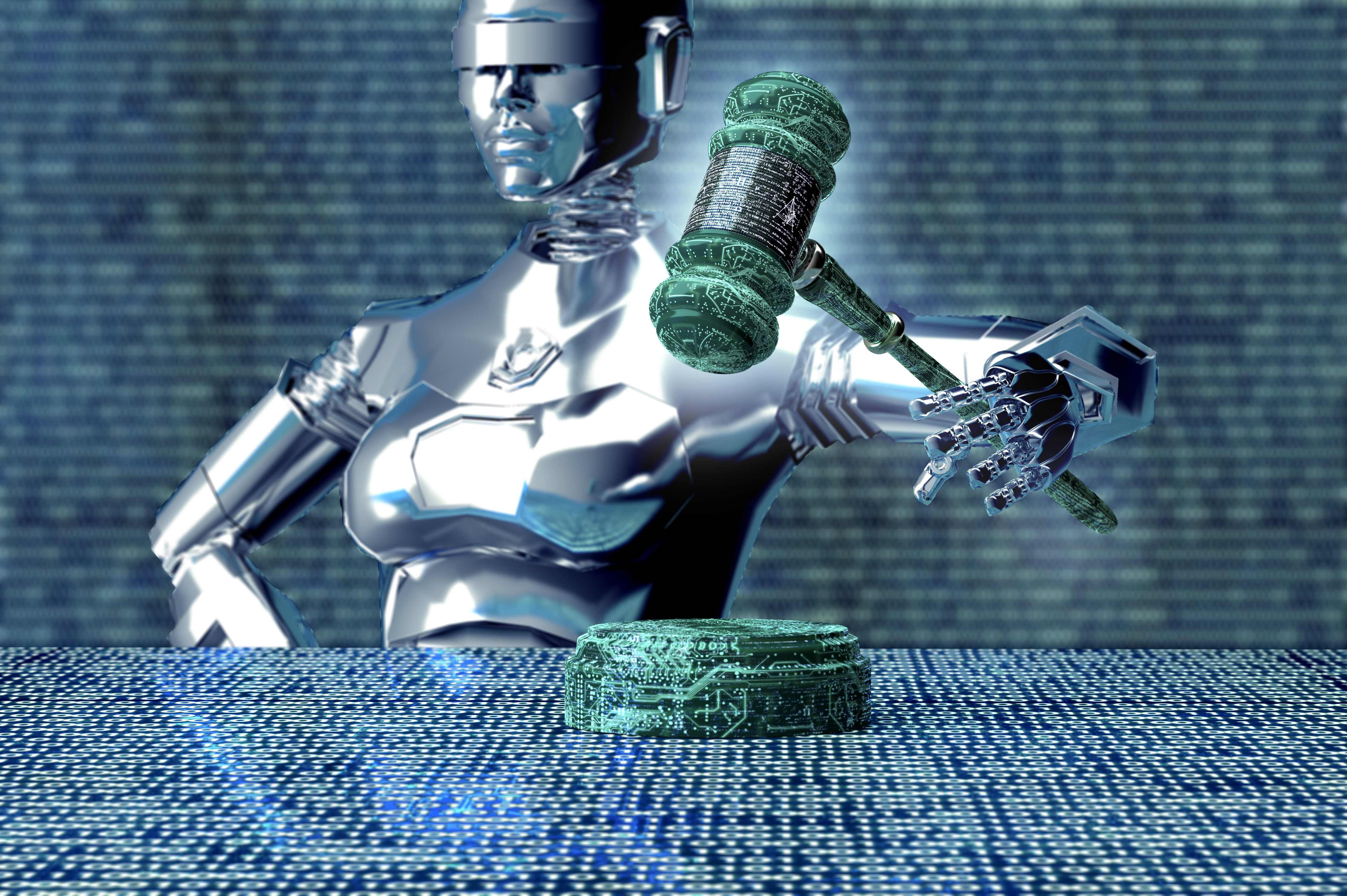It is wrong to think of AI as being a computerized human brain. It is not. Instead, AI is a collection of proxy ways of achieving a similar outcome to a human. The process of automation by AI begins with the movement of documents and services and analysis from bespoke to standardized, then systemized, then packaged, then commoditized, then automated.
Any legal process that could conceptually be systemized could be done by an AI. For example:
- Gathering facts from a client and organising them;
- Giving advice on discreet questions;
- Writing letters of response within a confined field;
- Negotiating terms within a certain bound; and
- Making decisions based on agreed facts.
And indeed there are AI available that can do each of these things.
Where will AI stop, if at anything? Put simply, AI can learn many tasks that humans find particularly complex, and any task that a human does on automation. By ‘automation’ I mean the psychological description of the state of mind, whereby one is mindlessly doing something. Automatic thinking is to be contrasted with conscious or mindful thinking.
Example of automatic processes are: driving a car, walking, and recognising words. A human can quite effortlessly and absentmindedly do all of these things. So too can an AI be trained to do these. Where the relevant limits of an AI are in contextual reasoning, lateral thinking, ethical reasoning and understanding humans.
An AI may be able to recognise a person’s face from an analysis of comparisons with similar pictures of that person, but will struggle to identify if that picture is in fact a person being reflected in a mirror. An AI may be able to optimize an outcome, but will be unable to realise that there is something else it should have considered. An AI may be able to drive a car, but will poorly decide whether send the occupants into incoming traffic in order to avoid a pedestrian who has ran onto the road. An AI may be able to predict what a person will buy, but is unable to understand what will make them truly happy.
Technology therefore performs best as an augmentation to humans, rather than as a replacement. Human lawyers will always be required to strategically interpret information in the context of the client’s situation, think laterally for options, and persuade other humans.
In my view, it is the tasks that humans excel at that are the most desirable and enjoyable parts of law. How could hours of due diligence ever compare to the joy of crafting a complex legal argument? How could entering details into template documents compare with solving a person’s problems? Put simply, they don’t. And the expansion of legal automation will remove mindless drudgery and leave a practice of law that is much more thoughtful and joyful.
The Future of the Profession
A lawyer who’s practice predominantly involves creative or contextual thinking, or empathic or persuasive interactions should feel particularly comfortable about the future. Clients will always need their amiable trusted advisor.
New legal roles are developing, such as the trainers and designers of AI and the supervisors and technicians of automated processes. The future of the legal profession is much more expansive than it is now.
For lawyers who rely on work that can be automated they will need to as quickly as possible become the masters of the AI. The first movers who take advantage of AI will ride on top of the wave of change.
There are however some risks. As the luddites proved, attempting to stop industry disruption is fruitless, and leaves one on the wrong side of history. Humans are naturally fearful of change (until after it has occurred), and we (foolishly) try and control it. The most harmful thing for the profession is regulation. Attempting to stop the tides will lead to the nourishing waters flowing elsewhere – either to other professions, jurisdictions or outside of the legal system entirely. Just as the common law courts once competed with chancery, so too do they now compete with smart contracts such as Bitcoins or Etherium.
And while this article has focused on the profession – and I hope conveys my optimism for the future – the outlook is even more positive for consumers of legal services. Clients will be able to access legal services faster, cheaper and more conveniently, just like they do with their TV shows on Netflix. This should in turn lead to more positive interactions with the legal system. And the changes will accrue first to those who are presently outside of the legal system, for disruption always starts at the bottom. Therefore, those who presently lack access to justice will be the greatest relative beneficiaries of rise of AI.
This article was originally published in the June 2016 Law Society Bulletin.
Future of Law Part 1: Innovation and Distruption
Future of Law Part 2: Why Lawyer’s Aren’t Innovating and How They Can
Adrian is the Creator of Ailira, the Artificial Intelligence that automates legal advice and research, and the Principal of Cartland Law, a firm that specialises in devising novel solutions to complex tax, commercial and technological legal issues and transactions.

